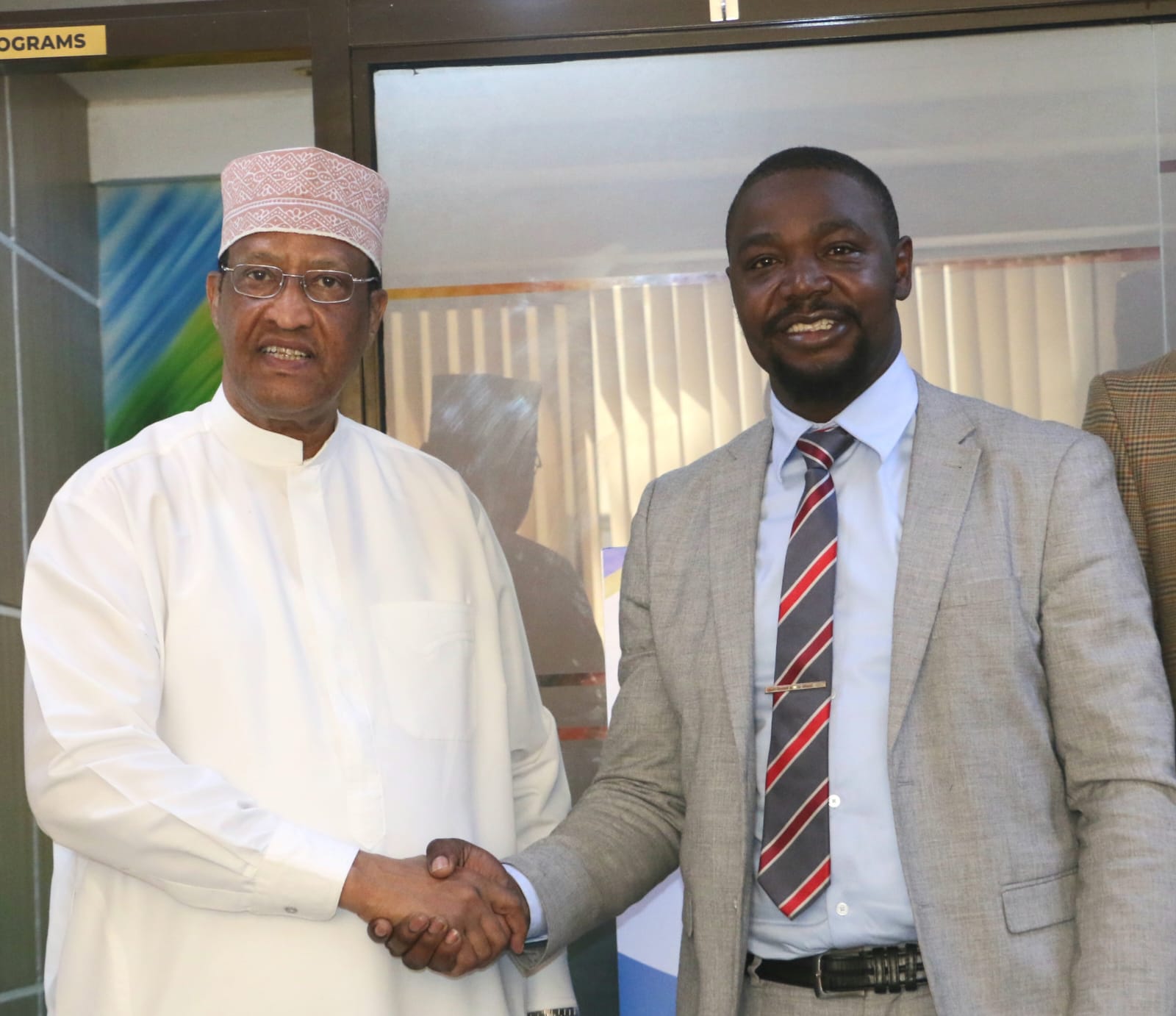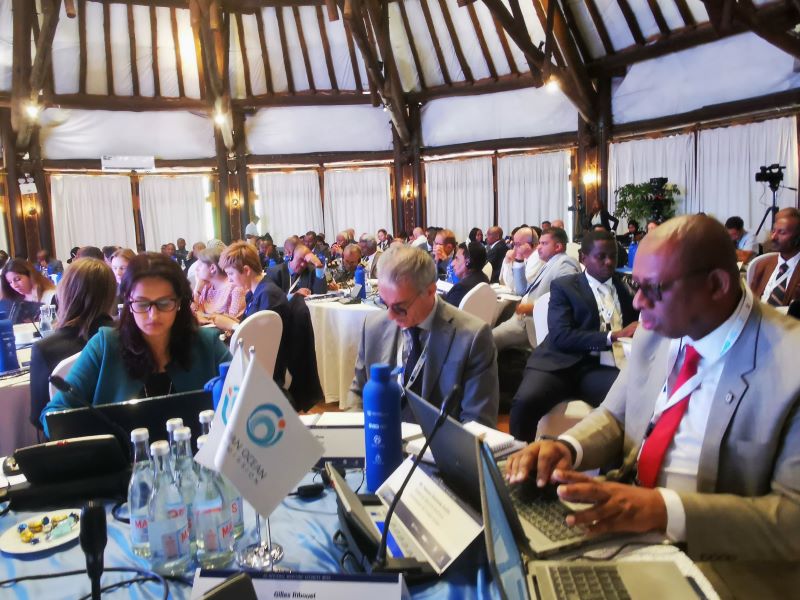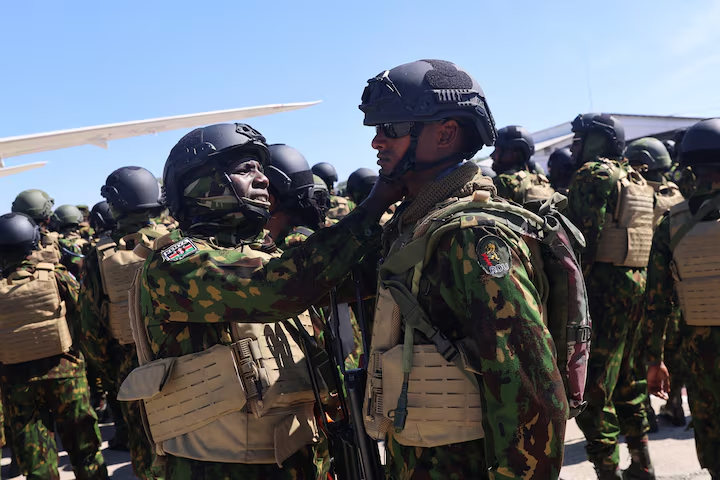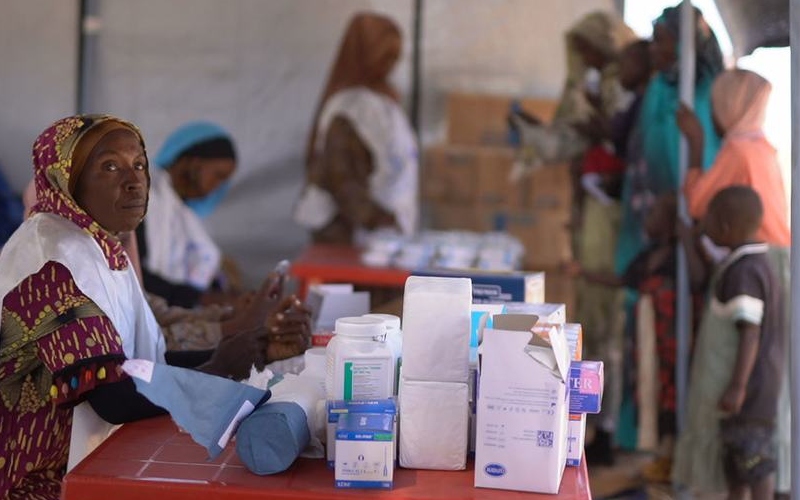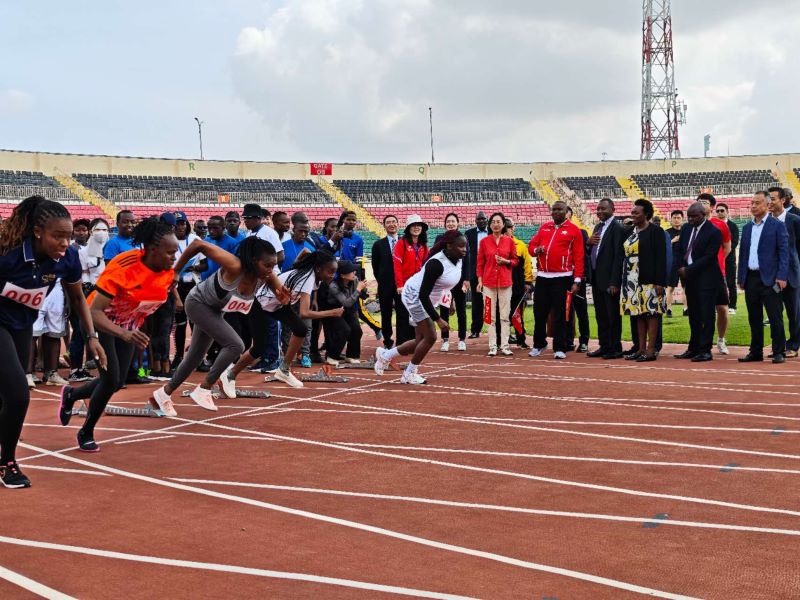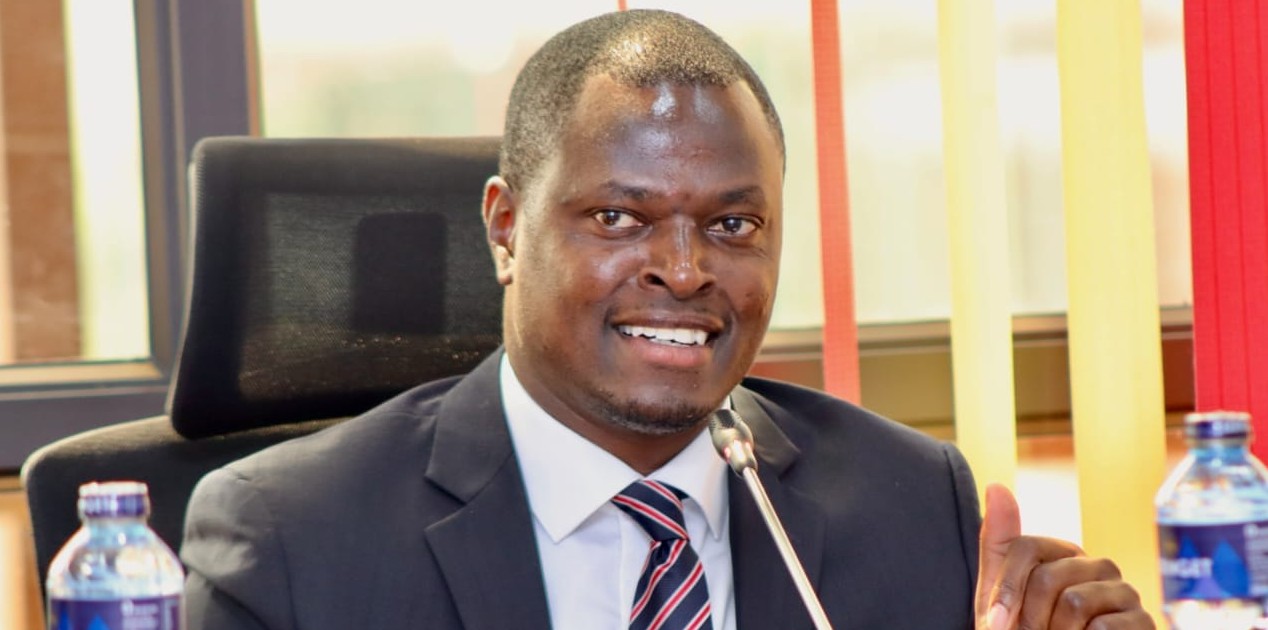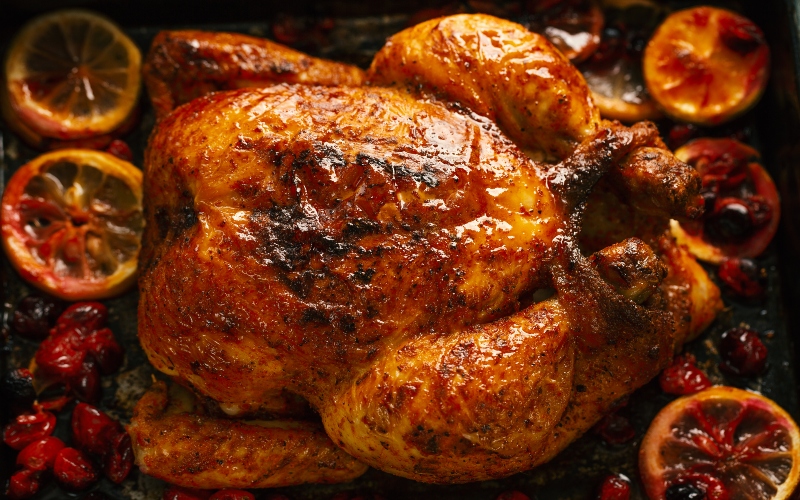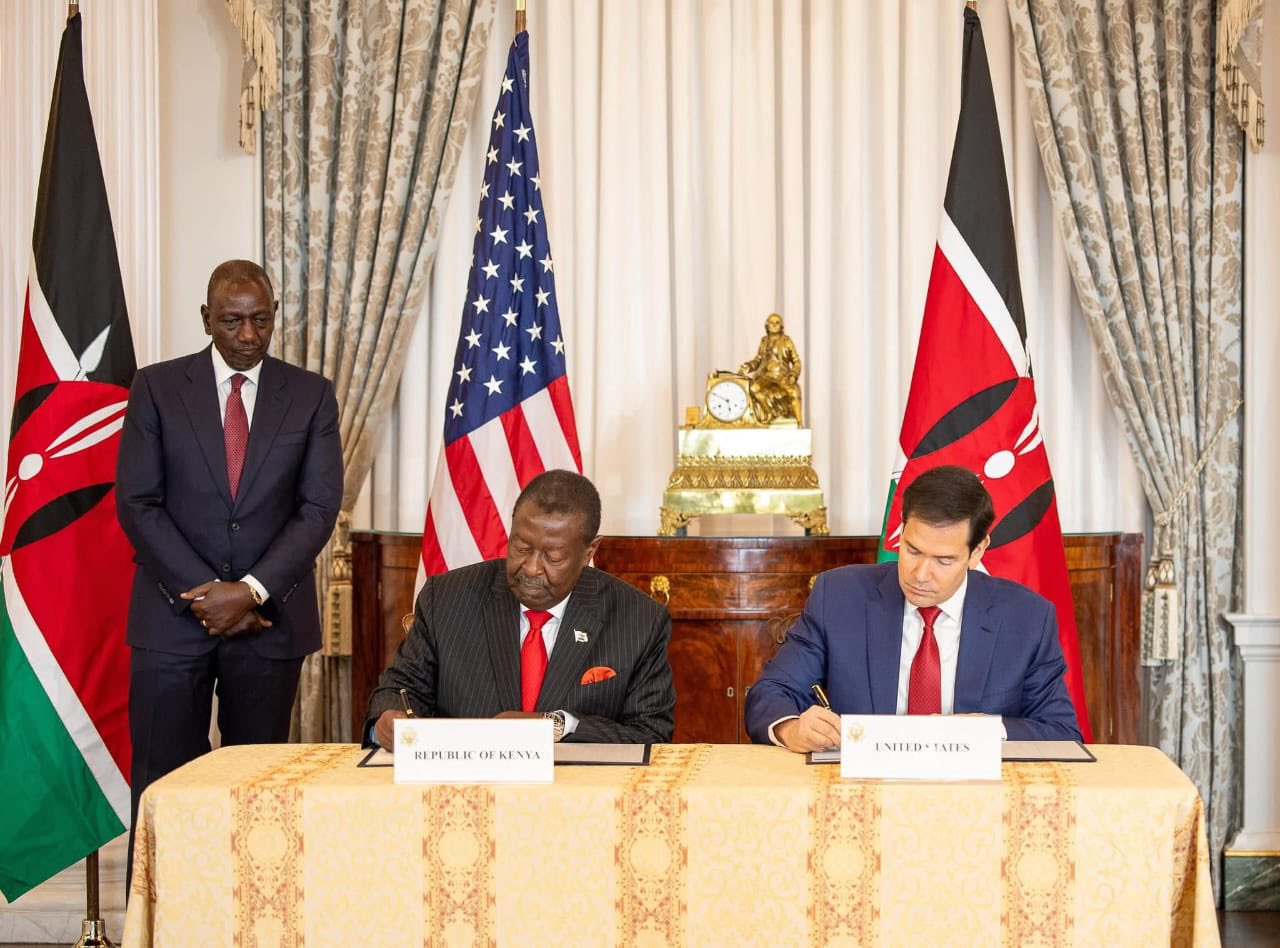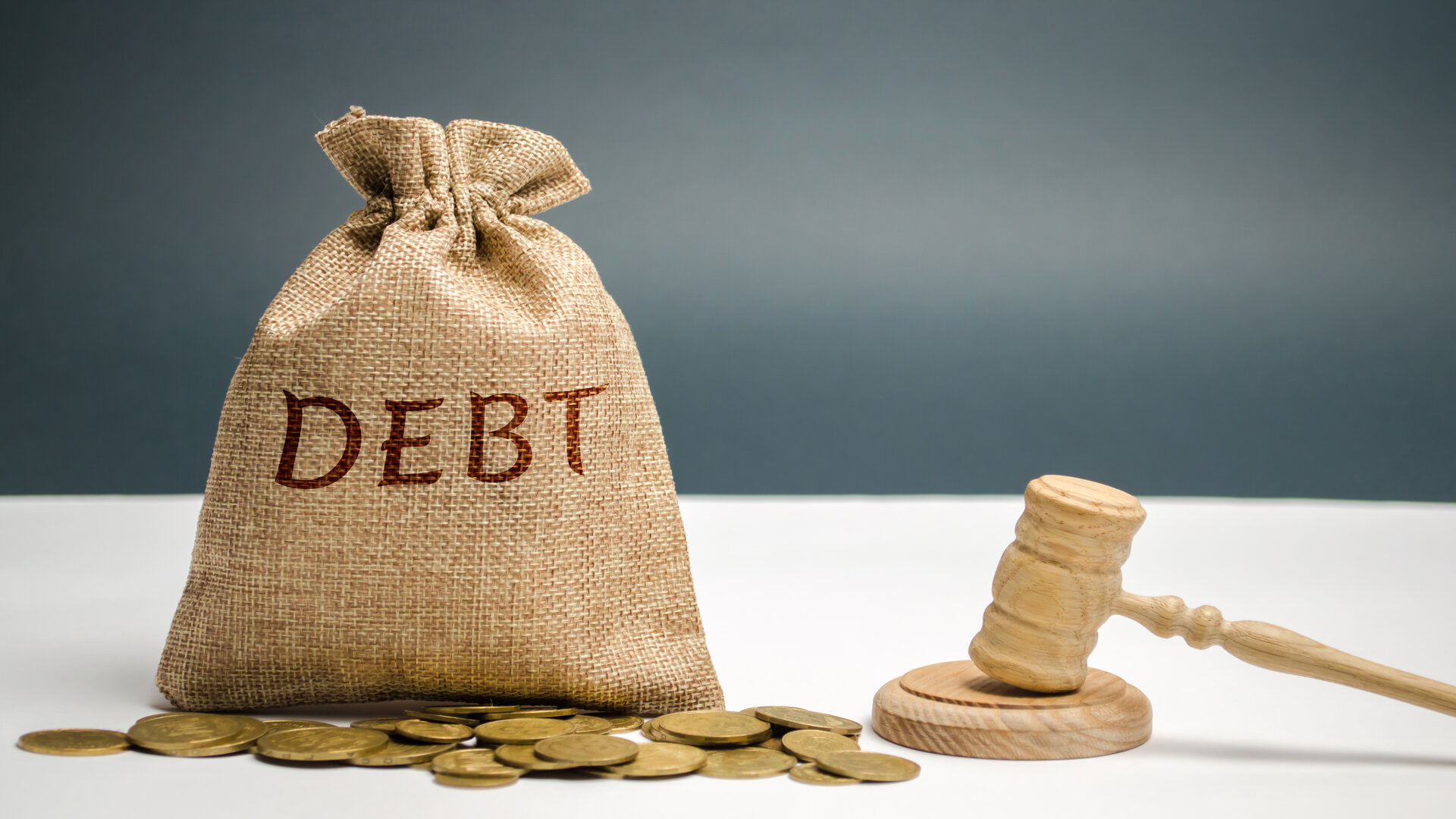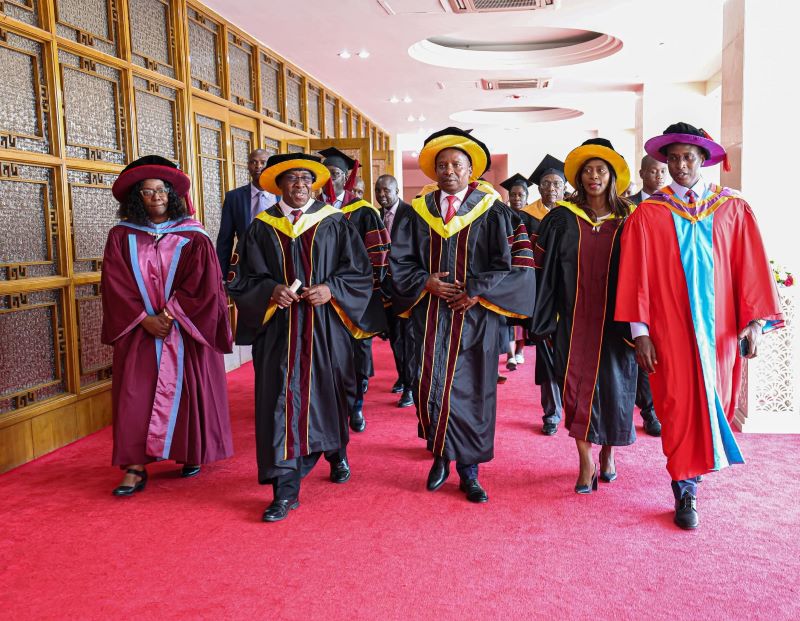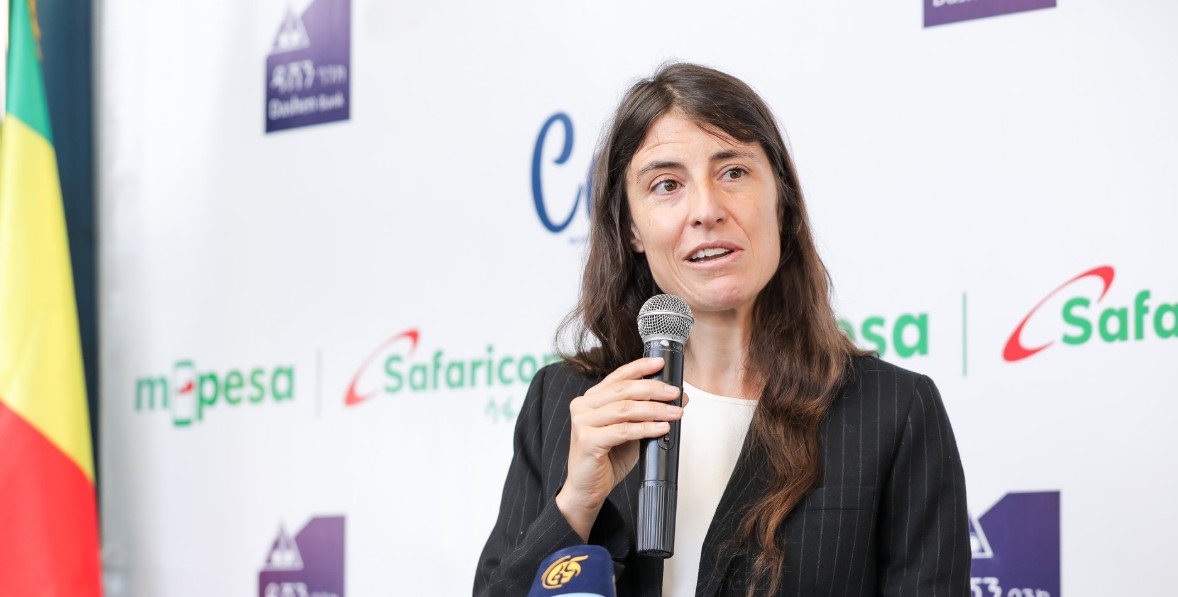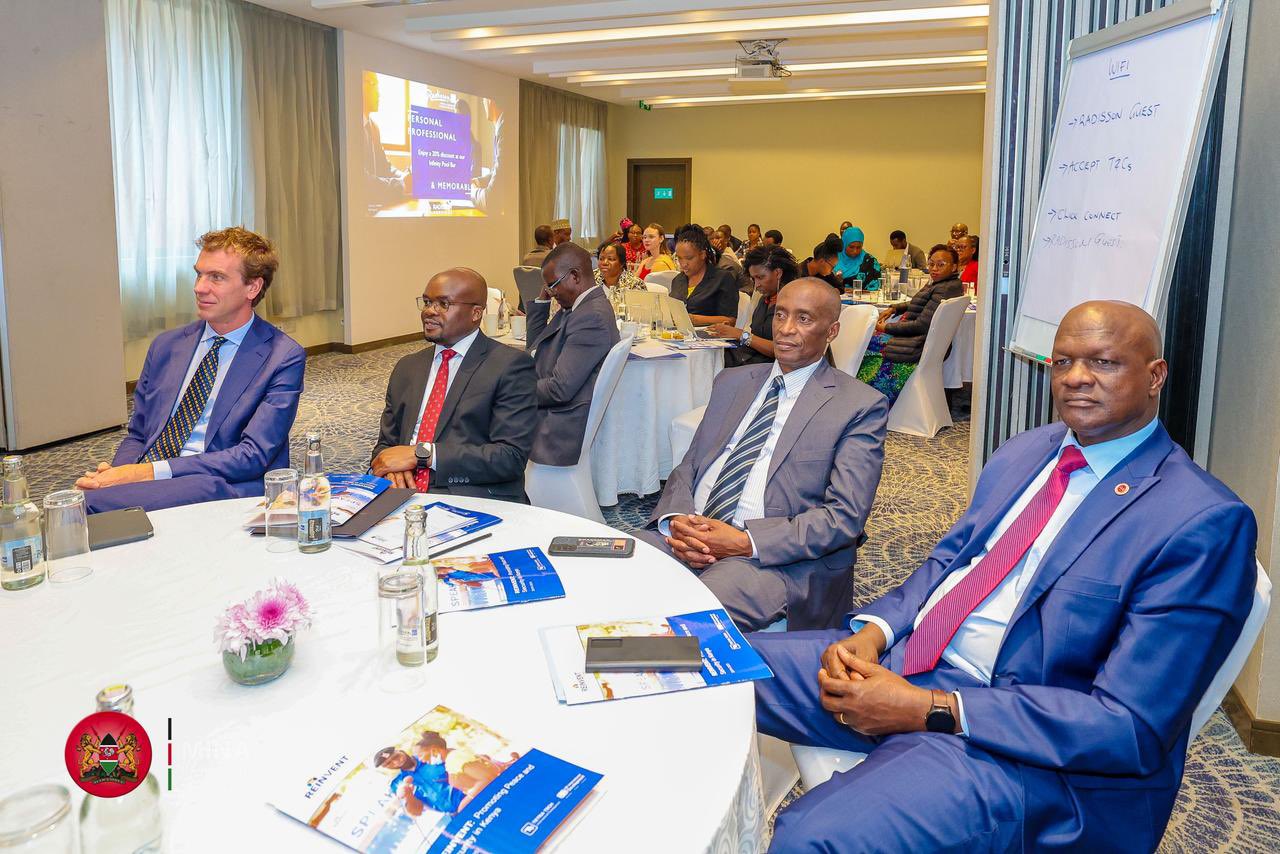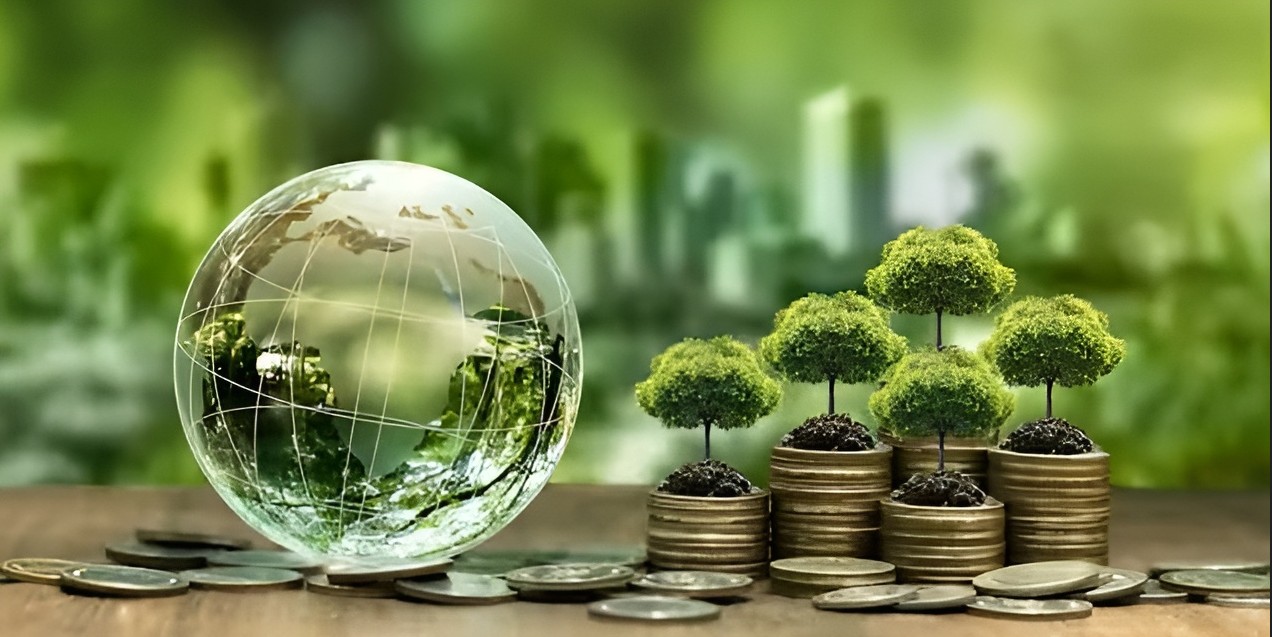World Bank-funded Horn of Africa ground water project to benefit five counties
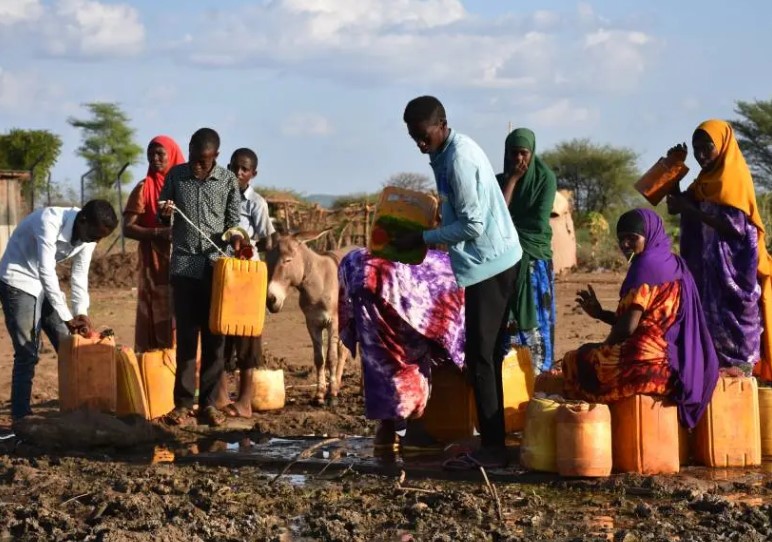
Five arid and semi-arid counties, namely Turkana, Marsabit, Mandera, Wajir, and Garissa, are set to benefit from the Horn of Africa Ground Water for Resilience Programme (HoAGW4RP) funded by the World Bank.
Five arid and semi-arid counties, namely Turkana, Marsabit, Mandera, Wajir, and Garissa, are set to benefit from the Horn of Africa Ground Water for Resilience Programme (HoAGW4RP) funded by the World Bank.
The six-year project, approved in July 2022, has a budget of USD 45 million and aims to ensure the effective recharge and protection of underground water reservoirs in the targeted areas.
More To Read
- Developing countries’ debt servicing cost hit 50 year high on high interest
- African land policy reforms benefit women and communities, but 18-country review reveals key gaps
- Why mastering Generative AI is the fastest way to boost your career and salary
- Garissa County launches digital livestock vaccination drive to boost pastoralist resilience
- Africa’s agricultural exports are losing ground: Four key interventions that could lift sector again
- World Bank sounds alarm as Kenya’s labour market weakens, wages fall and informal jobs surge
The Water Resources Authority (WRA) is one of the implementing institutions under the Ministry of Water of the project which will benefit approximately 1.5 million people across the five counties.
The initiative focuses on building community capacities in the target areas regarding conservation measures.
Residents in these counties have faced challenges ranging from destructive floods to perennial droughts, leading to the loss of livestock.
Agatha Njuguna, the Project Implementation Unit Coordinator for the Water Resources Authority, explained that the project would introduce managed aquifers to tap rain and floodwater into sand dams, allowing it to percolate into the ground over time.
Managed aquifers, in the form of well-conserved and protected dams, will feed natural underground water reservoirs.
Agatha highlighted the significance of creating infrastructure that stops water flow, intercepts it, and creates a reservoir, preventing floods and supporting water storage.
The project aims to drill new boreholes and rehabilitate older ones, enhancing community resilience. Stakeholders, including national and county governments, non-governmental organizations, and community leaders, will play a crucial role in project implementation.
Adequate data on water reservoirs, water salinity, possible water output, and precise borehole drilling locations will be provided to stakeholders.
The HoAGW4RP is a regional programme involving Kenya, Somalia, Ethiopia, South Sudan, Djibouti, Eritrea, and IGAD, facilitated by World Bank financing. The joint implementation seeks to promote regional integration among communities in the borderlands within the Horn of Africa.
Top Stories Today

